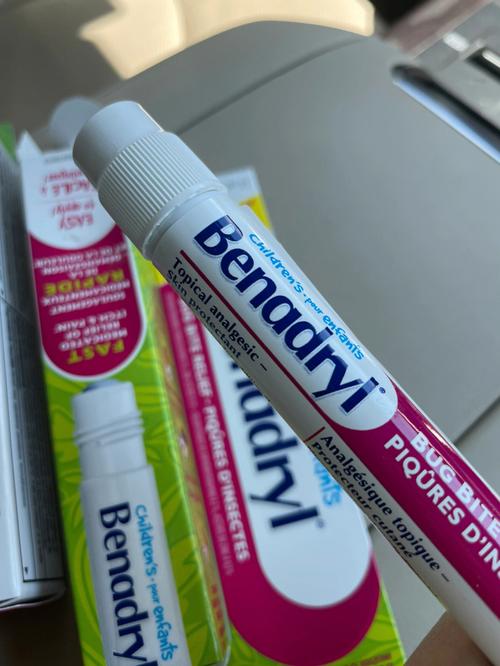
Understanding Bug Bite Swelling: A Comprehensive Guide
Dealing with a bug bite that has led to swelling can be quite an uncomfortable experience. Whether it’s from a mosquito, a bee, or any other insect, the symptoms can range from mild to severe. In this article, we will delve into the causes of bug bite swelling, the symptoms to look out for, and the various treatment options available. Let’s get started.
Causes of Bug Bite Swelling
Bug bites often result in swelling due to the body’s immune response. When an insect injects its saliva into your skin, it can trigger an allergic reaction or inflammation. This immune response is the body’s way of protecting itself from potential pathogens that may be present in the insect’s saliva.

Some common causes of bug bite swelling include:
| Insect | Saliva Composition | Common Symptoms |
|---|---|---|
| Mosquito | Anticoagulants, histamines, and other enzymes | Itching, redness, and swelling |
| Bees and Wasps | Phospholipase A2, histamines, and other enzymes | Severe pain, redness, and swelling |
| Spider | Enzymes and toxins | Pain, redness, and swelling, potentially leading to anaphylaxis |
Symptoms to Look Out For
While most bug bites are harmless and will resolve on their own, it’s important to be aware of the symptoms that may indicate a more serious condition. Here are some common symptoms to look out for:
-
Severe swelling that spreads rapidly
-
Intense pain or throbbing

-
Difficulty breathing or swallowing
-
Feeling dizzy or faint
-
High fever
-
Redness that extends beyond the bite area
If you experience any of these symptoms, seek medical attention immediately, as they may indicate a severe allergic reaction or infection.
Treatment Options for Bug Bite Swelling
When dealing with a bug bite that has led to swelling, there are several treatment options you can consider:
Home Remedies
Before resorting to over-the-counter medications or medical treatments, you may want to try some home remedies to alleviate the swelling and discomfort:
-
Ice Pack: Apply an ice pack to the affected area for 10-15 minutes at a time to reduce swelling and numb the pain.
-
Aloe Vera: Apply aloe vera gel to the bite to soothe the skin and reduce inflammation.
-
Tea Tree Oil: Known for its antibacterial and antifungal properties, tea tree oil can help reduce swelling and prevent infection.
-
Apple Cider Vinegar: Dilute apple cider vinegar with water and apply it to the bite to reduce itching and swelling.
Over-the-Counter Medications
For mild to moderate swelling, over-the-counter medications can be quite effective:
-
Antihistamines: Help reduce itching and inflammation. Examples include diphenhydramine (Benadryl) and cetirizine (Zyrtec).
-
Topical Creams: Creams containing hydrocortisone can help reduce inflammation and itching. Always follow the instructions on the label.
-
Antiseptic Ointments: Apply an antiseptic ointment, such as Neosporin, to prevent infection.
Medical Treatments
In some cases, medical treatment may be necessary, especially if you have a severe allergic reaction or infection:
-
Antibiotics: Prescribed for infections, such as cellulitis







